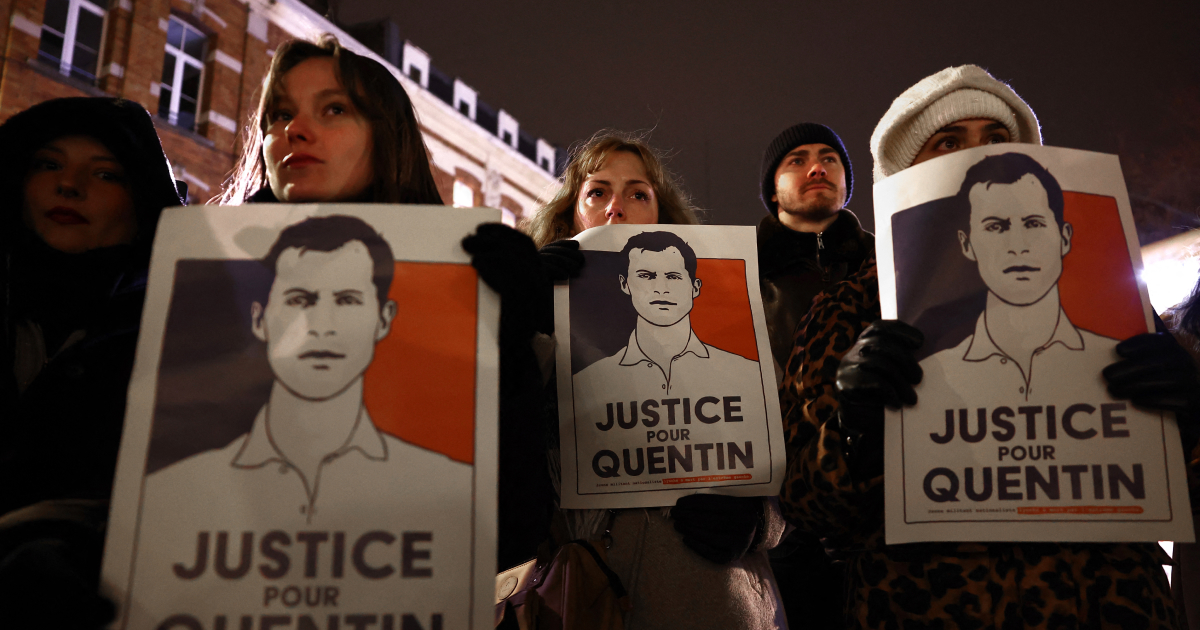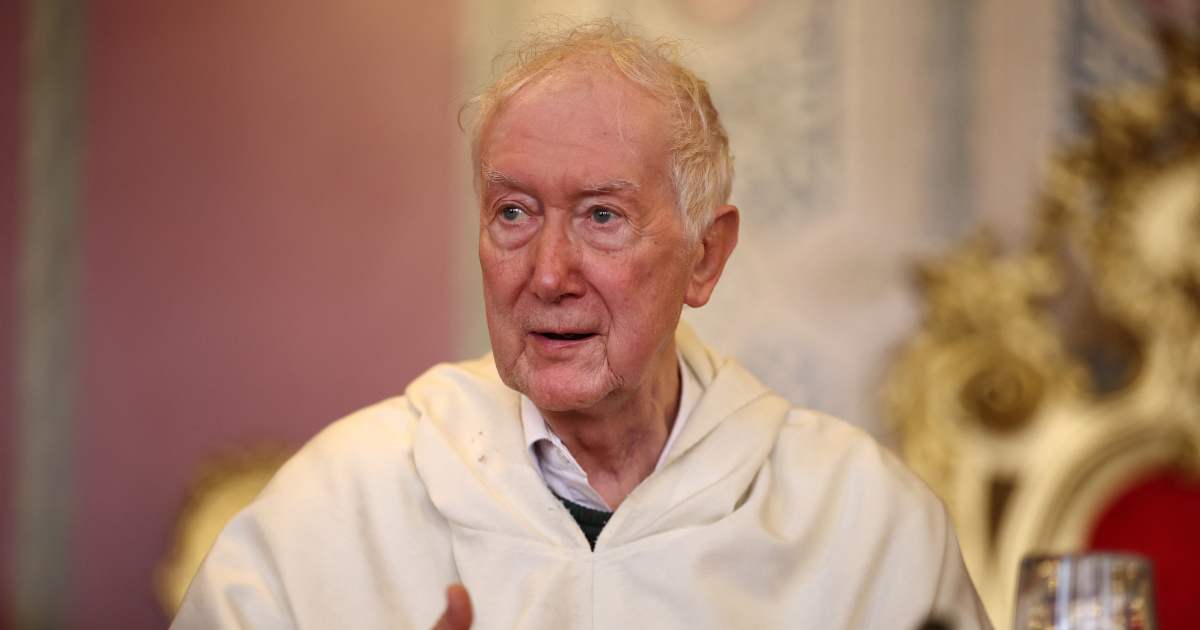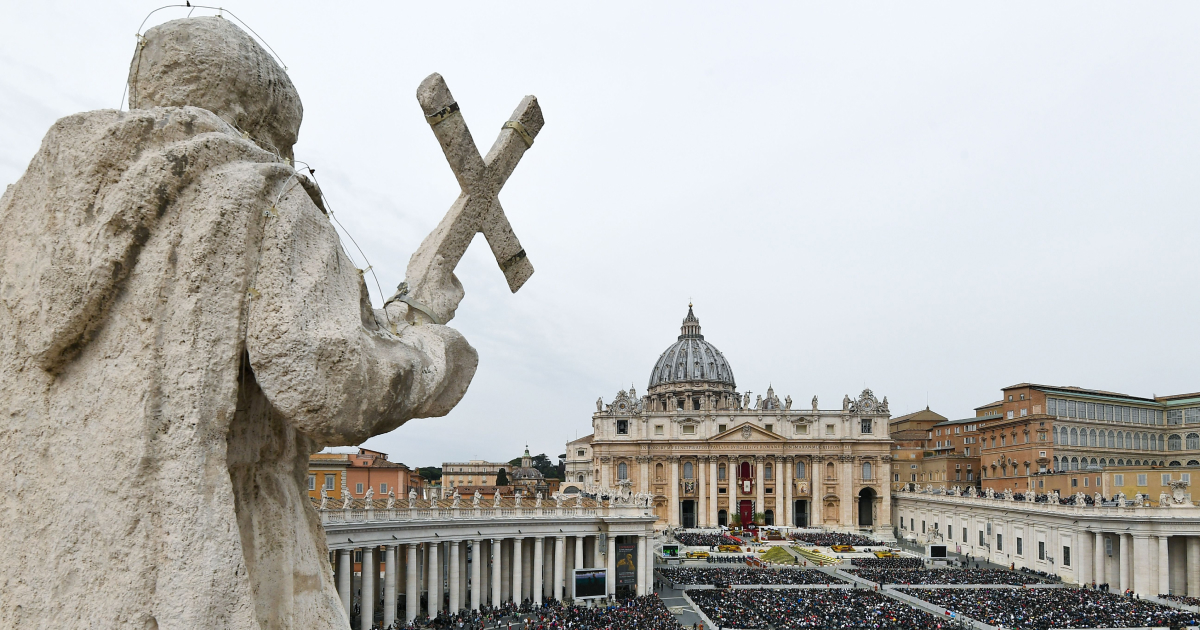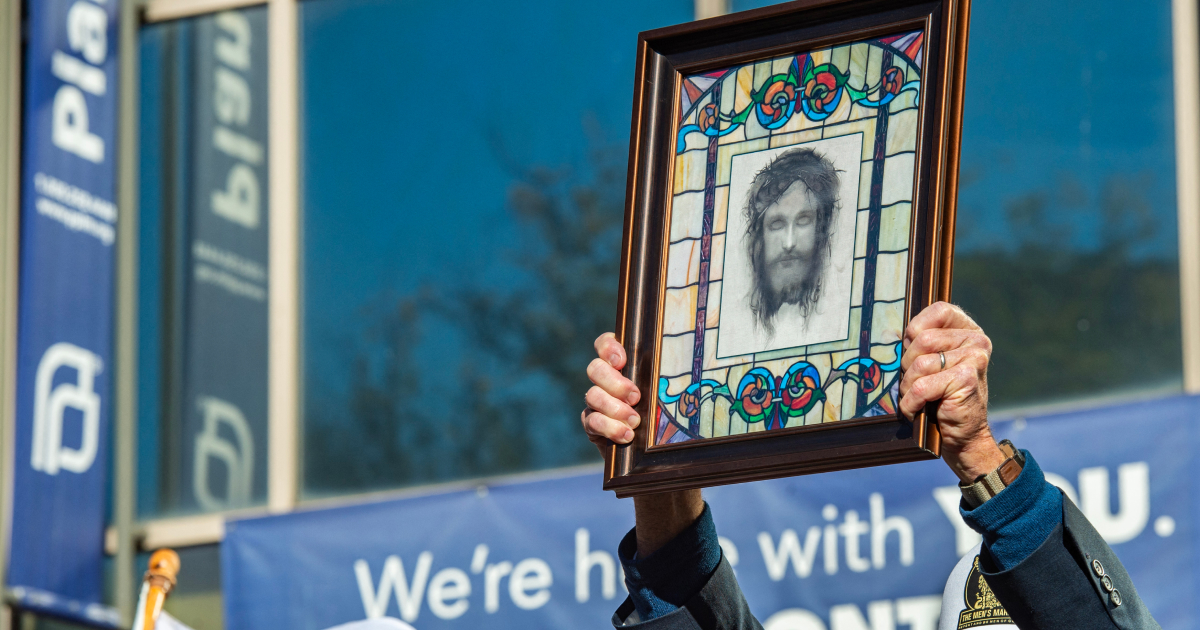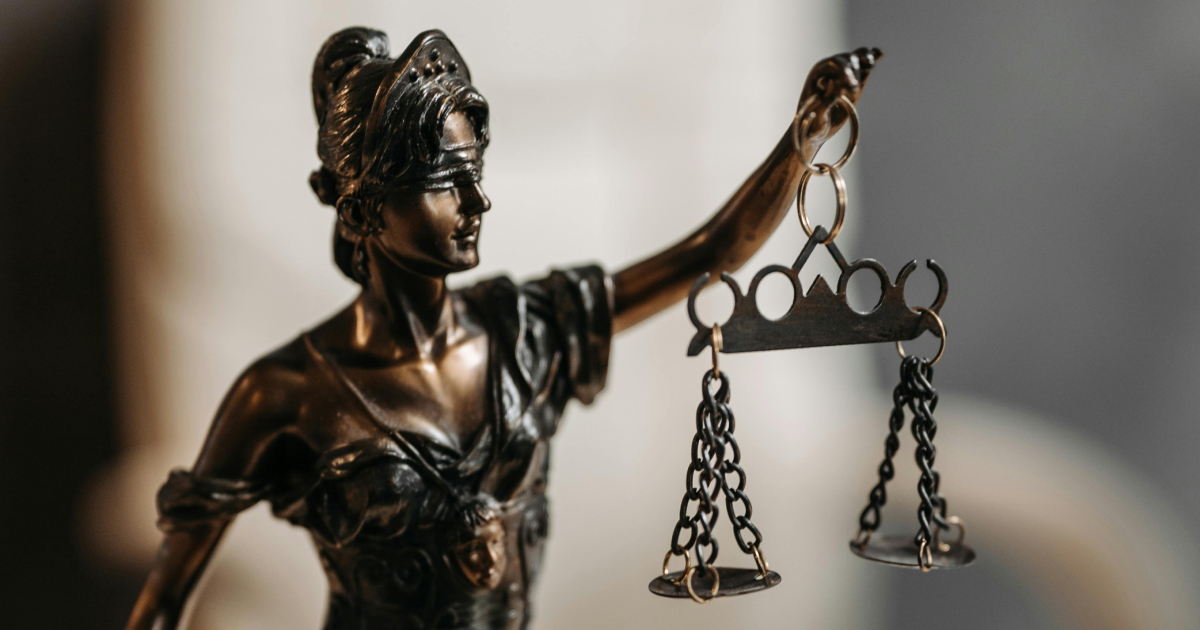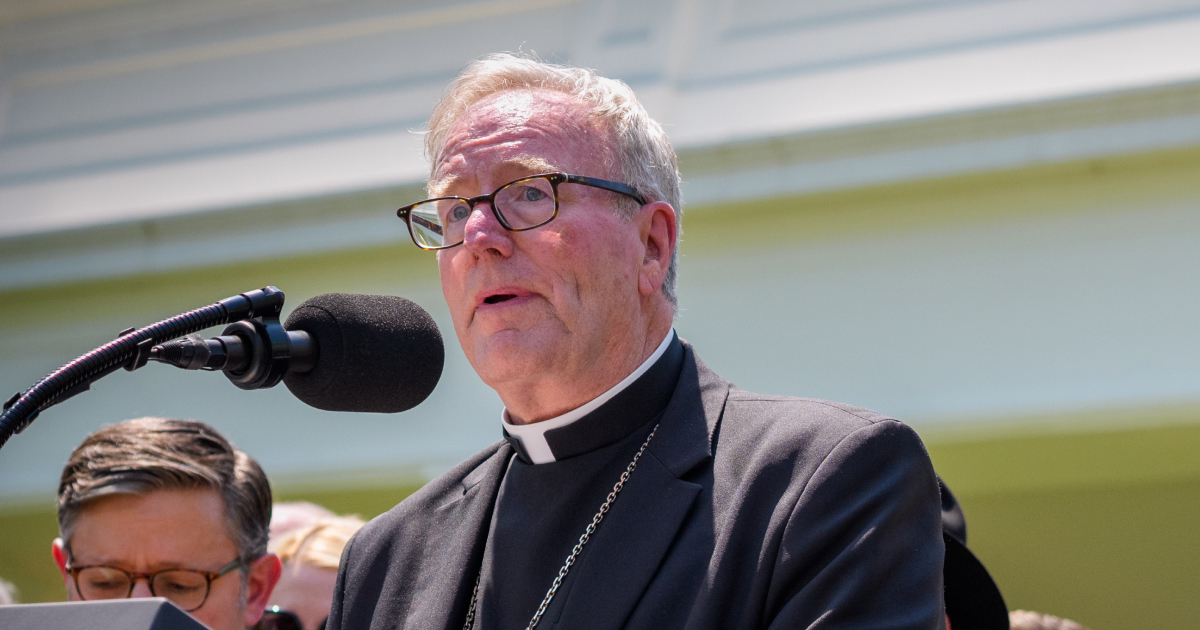A new study by the Pew Research Center has found that more Americans now believe religion is gaining influence in public life, with a growing share also viewing its impact as positive.
The research, released on 20 October, is based on two national surveys of U.S. adults carried out in February and May 2025.
The findings show a significant rise in the number of Americans who say religion’s role in society is increasing. In February 2024, only 18 per cent of adults said religion was gaining influence, the lowest figure recorded by Pew in more than two decades. By February 2025, that number had climbed to 31 per cent, the highest in fifteen years.
The increase was observed across political, age and religious groups. Among white evangelical Protestants, 36 per cent said religion was becoming more significant in public life, up 20 points from the previous year.
White non-evangelical Protestants rose 19 points to 31 per cent, while Catholics and those with no religious affiliation each saw increases of 12 points, reaching 27 per cent and 31 per cent respectively. The largest rise was among Jewish respondents, with 44 per cent now saying religion is gaining influence, compared with 21 per cent a year earlier.
Despite the rise, a majority, 68 per cent, still believe religion’s role in American life is declining, though this has fallen from 80 per cent in 2024. Almost three-quarters of Catholics (73 per cent) said religion was losing influence in society.
The survey also found that most Americans view religion’s influence as a good thing. In total, 59 per cent expressed positive views of religion’s role in public life, either saying its influence is growing and this is good, or declining and this is bad. Only 20 per cent expressed negative views, and 21 per cent said the change made no difference.
White evangelical Protestants were the most likely to view religion positively (92 per cent), followed by black Protestants (75 per cent), Catholics (71 per cent), and white non-evangelical Protestants (67 per cent). Republicans and Republican-leaning independents were about twice as likely as Democrats to hold positive views of religion’s influence, 78 per cent compared with 40 per cent.
The Pew report also recorded a sharp rise in the number of Americans who feel their religious beliefs conflict with mainstream culture. For the first time since the question was first asked in 2020, a majority, 58 per cent, said they feel at least some level of conflict between their beliefs and American culture, up ten points from 2024 and sixteen from 2020. Among Catholics, 55 per cent said they experienced some or a great deal of tension between their faith and the broader culture.
In its May 2025 survey, Pew also asked Americans about the link between patriotism and religion. Among Christians, 29 per cent said loving one’s country is essential to being Christian, while 47 per cent said it is important but not essential.
When asked about religious truth, nearly half of U.S. adults (48 per cent) said many religions may be true, while 26 per cent said only one religion is true. Among Catholics, 65 per cent agreed that many religions may be true.
The Pew Research Center said its findings indicate that Americans’ views about religion in public life are shifting, with broader and more positive attitudes emerging across most groups.
(Photo by EMMANUEL CROSET/AFP via Getty Images)





.jpg)


